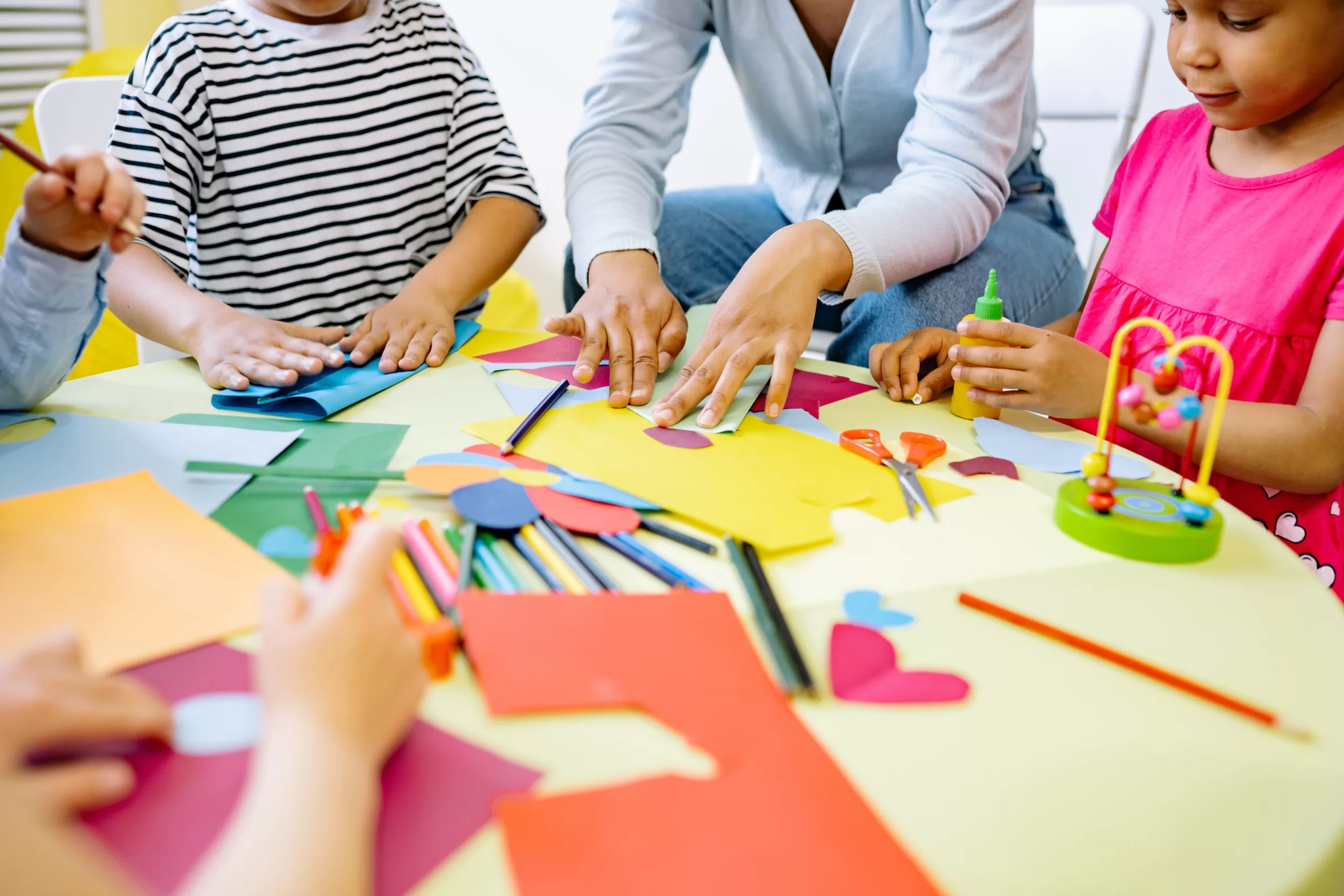Early childhood – that magical period spanning from birth to around eight years old – serves as the foundation for a child’s lifelong journey. During this pivotal period, a child’s brain is remarkably perceptive, growing rapidly physically, cognitively, and socio-emotionally. As such, early childhood education fosters the development of essential skills like learning, physical coordination, and social interaction during this unique, finite window of time. Proper nurturing during this critical stage requires a carefully tailored educational approach and dedicated parental guidance to ensure that children acquire the vital life skills and foundational concepts critical to their future success and overall well-being.
The Significance of Early Childhood Education
Perhaps it goes without saying, but education begins long before a child ever steps into a school building. Early Childhood Education (ECE) encompasses both formal and informal education that children receive before entering the formal school system. This preparatory phase profoundly influences a child’s cognitive, social, emotional, and physical growth.
“The highest rate of return in early childhood development comes from investing as early as possible, from birth through age five.”
-James J. Heckman, Nobel Laureate in Economics
As James J. Heckman, recipient of the 2000 Nobel Prize for Economics, asserts, early childhood education represents arguably the most critical investment in human capital, ultimately yielding individuals who are not only healthier physically, mentally, and emotionally, but also more productive and responsible.
6 Key Reasons for Prioritizing Early Childhood Education
1. Brain Development: Synaptic Wonders
Early childhood is a pivotal time for brain development, characterized by rapid growth. Synaptic connections are woven, forming the bedrock for future learning. High-quality early childhood education promotes brain growth and enhance cognitive abilities.
2. Skill Acquisition: A Journey of Discovery
Early childhood education offers a unique opportunity for children to acquire fundamental skills such as language, communication, critical thinking, problem-solving, and social interaction. These skills are pivotal for both academic and lifelong success.
3. Social and Emotional Growth: Navigating the Heart
Early childhood education nurtures a child’s heart, crafting empathy, self-control, and conflict resolution. Learning effective communication methods within a safe, structured environment fosters positive relationships and emotional resilience.
4. Ready, Set, School: Paving the Path
Participation in high-quality early childhood education equips children with a head start for formal schooling. They develop superior academic and social skills, and a zest for learning, which promises a bright, trailblazing academic journey.
5. Reducing Achievement Gaps: Diminishing Disparities
Early childhood education help bridge the achievement gaps that often arise from varying socioeconomic backgrounds. Access to quality early learning empowers underprivileged students with the necessary tools and support to succeed in both school and life.
6. Holistic Development: Shaping Well-Rounded Individuals
Early childhood education takes a holistic approach, equally addressing cognitive, physical, social, emotional, and creative realms. This approach nurtures well-rounded individuals who can positively contribute and shine in all facets of life and society.
Crafting Excellence: Curriculum for Early Childhood Education
As mentioned above, educators and parents should adopt a comprehensive, holistic approach encompassing various domains to support their children’s development and growth effectively and productively. Let’s look at what a holistic early childhood education curriculum should entail:
Language and Literacy Development
Language readiness, phonemic awareness, and vocabulary expansion are key components.
Numeracy and Patterns
Teachers should teach mathematical fundamentals including shapes, patterns, and basic measurement and calculations through engaging activities.
Social and Emotional Skills
Focus on activities that foster self-awareness, social competence, empathy, and emotional regulation.
Physical Abilities
Physical development is promoted through activities that enhance fine and gross motor skills.
Scientific Exploration
Curiosity and experimentation are encouraged through fun, playful scientific activities.
Creative Arts
Visual arts, music, and movement nurtures creative expression and provides an outlet to freely unleash their creativity.
Cultural Appreciation
By incorporating stories and activities that embrace cultural diversity fosters greater understanding and open-mindedness.
Play-Based Learning
Play promotes key skills such as communication, imagination, collaboration, and cognitive development.
Introduction to Coding
Including coding into early childhood education fosters greater mathematical skills, logical reasoning, and problem-solving abilities.
Harvesting the Fruit: Long-Term Rewards of Early Childhood Education
Early childhood education sews the seeds of lifelong learning and prosperity. The echoes of early learning reverberate through a child’s academic success, emotional well-being, and future trajectory.
Participation in excellent early childhood education correlates with higher graduation rates, progression into higher education, improved employment prospects, and overall well-being. As such, it is empirically proven that there is no greater investment in human capital than early childhood education.
Nurturing Lifelong Learners with CampusTop
Are you eager to cultivate a passion for learning in your children? Our one-on-one coding classes blend gaming and education for children as young as four years old. Our coding curriculum take a holistic approach, incorporating subjects like math, science, art, reading, and storytelling. With the guidance of our highly experienced teachers, we enhance logical thinking and problem-solving while ensuring an enjoyable experience customized to each student’s unique set of needs. Don’t hestitate! Book a free month of classes today and set your child on a path of exploration and growth.






